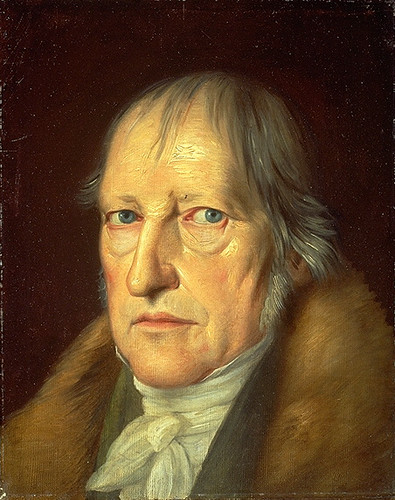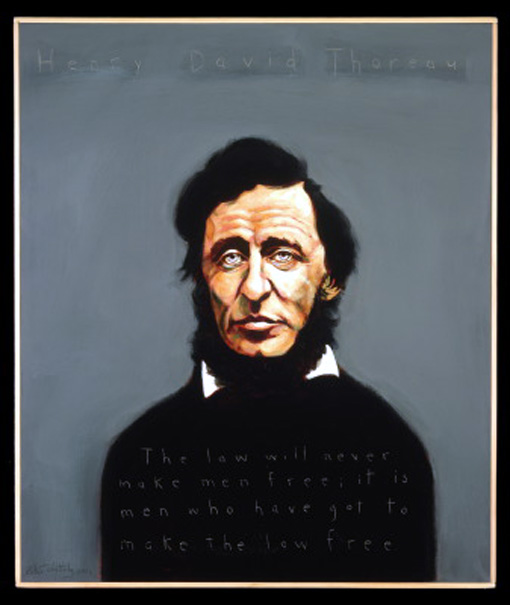Friedrich August Hayek (1899-1992), recipient of the Medal of Freedom in 1991 and co-winner of the Nobel Memorial Prize in Economics in 1974, was a pioneer in monetary theory and the principal proponent of libertarianism in the twentieth century. He taught at the University of London, the University of Chicago, and the University of Freiburg. His influence on the economic policies in capitalist countries has been profound, especially during the Reagan administration in the U.S., the Thatcher government in the U.K and the current economic stance of socializing sick free enterprise in the U.S. which should in the true spirit of capitalism be left to market forces.
Friedrich Hayek wrote this brilliant classic as a critique of government intervention and manipulation in markets. Disastrous socialism is what Hayek critiques in devastating form in this book, specifically government control of the economy.
Hayek was writing from the perspective of a central European who had recently witnessed first-hand the unfolding development of National Socialism (Nazism) in Germany, and he is warning that the exact same attitudes and policies that had been followed in Germany were uncritically being followed by the Allies, merely at a few years distance.
He begins by recollecting the ideals of old, classic liberalism, “the forgotten road”. Of course, in Hayek’s context, “liberal” means the true, historic liberalism of limited government, free markets, and private property, not “liberal” in the leftist view to mean unlimited government, socialized markets and massive forced wealth redistribution.
He looks at the rise of collectivist thinking versus individual, the problems of central planning in a democracy, the downfall of the Rule of Law (wherein the government is no longer bound by fixed rules announced beforehand but instead possesses arbitrary power limited only by its own discretion), the inextricable link between centralized economic planning and totalitarian regimes, the problem of deciding how the society’s production will be distributed, a chapter showing that “nothing is more fatal than the present fashion among intellectual leaders of extolling security at the expense of freedom”, how in a socialized economy the worst individuals inevitably rise to the top, the necessity of manipulating truth in a socialized society, and the fact that Nazism was a direct outgrowth of socialism and socialist ideology.
This new edition of the Road to serfdom by F A Hayek is worth buying even if you already own an earlier edition. The editor has included important material on how this book was developed and interpreted.
As for the book itself, the Road to Serfdom explains the rise of totalitarianism in twentieth century Europe. Yet it also made a more general argument concerning the incompatibility of democracy and comprehensive central planning. Hayek argues that the pursuit of socialist ideals leads to totalitarianism. While socialist ideals seem noble to many, those who persist in realizing these ideals will find it necessary to adopt coercive methods that are incompatible with freedom. Thus socialists must choose between their egalitarian goals and the preservation of individual liberty.
Hayek describes how Europeans came to expect progress, and became impatient for faster progress. The liberal reforms of the 19th century delivered unprecedented economic progress. Much of this was directly due to scientific discovery. The role of free competition in promoting scientific discovery was less obvious. Europeans increasingly came to believe that scientific planning of society itself could accelerate greater progress.
Europeans also changed how they thought about equality and freedom. Insistence upon freedom from want displaced the yearning for freedom from coercion. Democracy came to be seen as a means of realizing an increasing number of social goals, rather than as a means of preserving freedom. To Hayek, these were dangerous errors. Democracy could only work effectively in areas where agreement upon ultimate ends could be attained with little difficulty. A democratic government could enforce general rules of conduct that applied to all equally (i.e. free speech and free association). Democracy can never produce agreement over policies that affect specific economic results. One always gains at the expense of others in such matters. Such Economic planning places impossible demands upon democracy. This is because pursuit of specific ends requires timely and decisive action. Democracies move too slowly to attain specific ends, so arbitrary powers of government will grow. A planned economy will ultimately require acceptance of dictatorship. This is a dire consequence, as it is the worst sort of tyrants who are most adept at wielding dictatorial powers.
Some might say that these arguments are unduly pessimistic. Hayek points to the examples of Hitler and Stalin to support his case. Of course, these are worst case scenarios. Have not England, Sweden, and the US adopted large welfare-regulatory states without such tyranny? This is a fair point, yet we should remember two things. First, Hayek claimed that centralized control of the economy would destroy freedom ultimately, but gradually. Second, Western nations have not yet gone as far in planning their economies as did Russia and Germany in the 1930’s. The fact that we have yet realized the horrible results of Stalinism implies neither that were are safe from despotism in the future, nor that our present situation is entirely satisfactory. One can easily argue that we have already started on the wrong path. For instance, Hayek’s chapter on `The End of Truth’ applies to modern political correctness.
Hayek wrote this book not only to warn people about the limits of democracy and the incompatibility of planning and freedom. This was the start of his project concerning the abuse of reason. His warning is also about the tendency to overestimate the abilities of even the best and brightest individuals. Not even the best and brightest can comprehend modern societies. Socialists who favor comprehensive planning, and even modern liberals and conservatives who want to plan part of society, proceed on a false assumption concerning human reason. Ultimately, Hayek makes a strong case for limited constitutional government. To expect more of democracy than what Madison and Jefferson intended invites disaster.
The Road to Serfdom is a profound defense of commercial society and limited government. The Road to serfdom by F A Hayek also is where Hayek started his ‘abuse of reason’ project’. To fully appreciate Hayek’s genius in the Road to serfdom, one should read his subsequent books in this project- The Constitution of Liberty and Law Liberty and Legislation V1-3.
The Road to serfdom has its critics, mainly on the left. Due to its insightful nature the Road to Serfdom has produced hysterical responses from the left. Leftists despise the Road to serfdom simply because it strikes at the core of both democratic-socialist or Marxist beliefs. Some serious scholars have attacked the Road to serfdom (i.e. Farrant and Levy) but their objections are misguided. The Road to Serfdom stands out as a true classic, as timeless as it is insightful. It offers insights that are relevant to our current problems with growing Federal spending and regulation. Read it completely and repeatedly.

No matter how complicated a subject, if you can’t explain something to an average high school kid, you really don’t understand it.
— Richard Feynman, Physicist, Nobel Prize recipient
Brilliant comic version of Road to serfdom by F A Hayek

















































